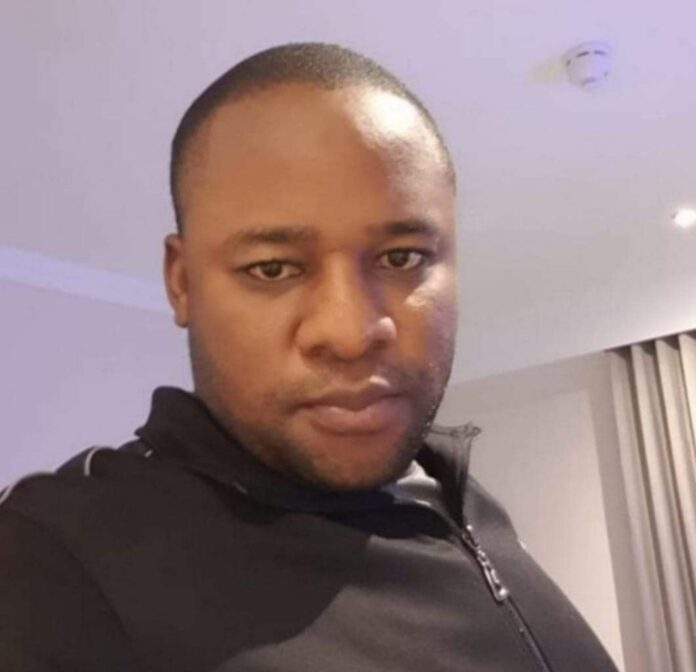By Alexander Nkosi
John’s net salary is K20,000. He has a total debt of K500,000, whose monthly repayment is K15,000. He has a child whose monthly medical bill is K5000, he has to spend this amount to save his child, hence his entire salary is exhausted on two items only. He has to borrow for rent, food, groceries, clothes, water bills, electricity bills, transportation etc. He is in a deep debt trap. What’s worse is that the amount he spends on debt repayment keeps growing and soon it will reach K22,000 and his monthly income won’t be enough to cover debt only.
Lenders don’t trust John because of his reckless borrowing. John has a farm with fish ponds, borehole, poultry and piggery housing structures. Huge debt has made it difficult for him to invest and make the farm productive. People are even afraid of renting his farm facilities as they fear this farm might be grabbed by people he owes.
There is a a firm called Financial Management Institution (FMI) that supports people manage finances, tackle debt and provides loans at flexible rates. However, it requires that individuals address the underlying problems that got them into debt. These conditions include: shifting to a cheaper house, bathing cold water, eating porridge for breakfast, applying vaseline, shifting children to cheaper schools, wife cutting hair to avoid saloon expenses, stopping paying school fees for distant relatives, stopping sending money to relatives, no DSTV in the house, using candles to cut down on electricity bill, stopping jumping on buses and start using bicycles and walking where possible, and significantly cutting down on food and groceries budget.
These measures are so painful. Some people have ended up sliding into depression. Kids get depressed too and their development and performance at school might get affected, relatives feel bad and curse you for abandoning them. Friends laugh at you and wonder how this FMI program will make you better if it inflicts so much pain.
The advantage is that if you can implement these measures, FMI will talk to people you owe and help you restructure your loans. FMI is a credible institution and lenders and people who want to invest on your farm trust it. FMI will also help you have access to cheap and flexible loans so that you can avoid kaloba. It will also lend you some money at very low rates.
FMI negotiates with lenders and brings down your monthly repayment to K5000, freeing up K10,000. The measures you implement also help you lower monthly expenses and hence. People are now ready to rent some facilities at your farm as they feel their investments will be safe now that you are on an FMI program. This earns you monthly rent. Since you are now spending less on debt service and bringing in some income from some facilities rented at your farm, you are able to slowly start investing on some projects at your farm using facilities that are not on rent. Overtime, you start running those facilities on your own. You build your own house, take your children to better secondary schools, buy a car, start supporting relatives and continue on a steady path of financial growth.
People who don’t support FMI program argue that there is no need to go for FMI program since you have a farm with fish ponds, borehole, poultry and piggery housing and all you need to do is to use local solutions. They give examples of people that have gone into depression due to FMI program. They further argue that you don’t need to let out any farm facilities, just invest in all of them and make them operational. However, they don’t explain how you are going to run the business if you have to pay K22,000 every month in debt repayment. They further don’t explain where capital will come from since everyone is afraid of giving you money without collateral. They don’t realise that for the farm business to be successful, you need to address the debt issue. Addressing it though through painful measures helps you build a strong ground to invest in your farm as demonstrated above.
When people are faced with this situation, they sacrifice, they don’t start jumping on taxis, rent expensive houses, eat pizza every week, buy Peruvian hair etc. I don’t understand why logic changes when dealing with the country. With USD12.9 billion foreign debt, K189.7 billion domestic debt, K46.9 billion domestic arrears, and a domestic revenue of K98.9 billion where K78.6 billion goes to debt service- in seven months people want low tax rates, jobs, economic empowerment, cheap fuel and electricity, cheap goods and services?
Criticism is good but more than criticism, what we need is critical analysis with solutions. Let us have alternative solutions that explain how we are going to tackle debt, lower cost of production, lower cost of living and implement only local solutions that grow the economy and create jobs. A country does not stop running and wait for local solutions to produce results for us to spend. Hence let critics provide immediate and detailed solutions.
Thank you
